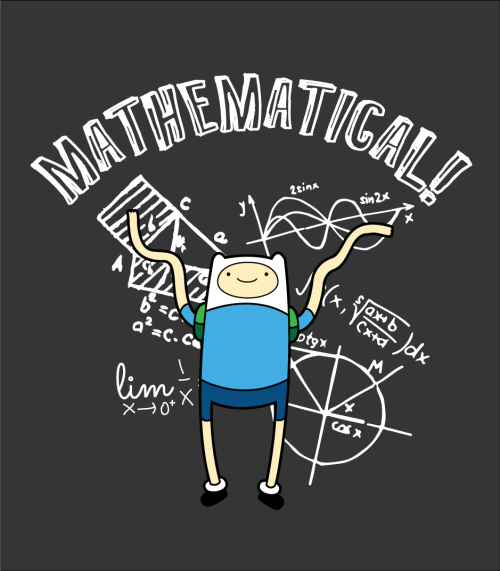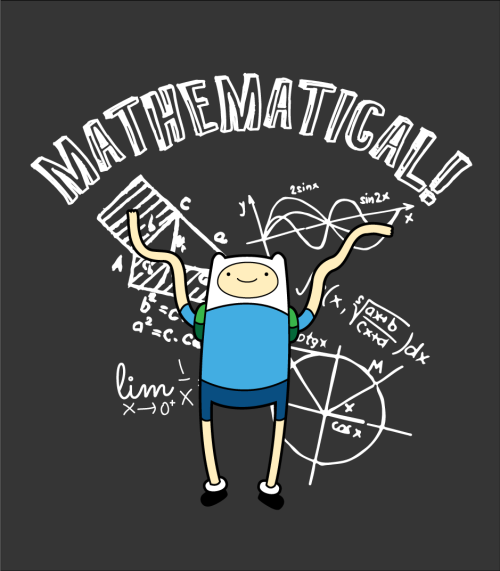#mathematical
Artist | Lambert Duchesne
Title | Behind the scenes, from my video n°6
Tumblr | lambertduchesne.tumblr.com
Sites | lambertduchesne.com
7sobm-open : Submissions | Magazine
Post link
Mises wrote thus about econometricians and other forms of “quantitative economists”:
There are, in the field of economics, no constant relations, and consequently no measurement is possible. If a statistician determines that a rise of 10 percent in the supply of potatoes in Atlantis at a definite time was followed by a fall of 8 percent in the price, he does not establish anything about what happened or may happen with a change in the supply of potatoes in another country or in another time. He has not “measured” the “elasticity of demand” of potatoes. He has established a unique individual historical fact. No intelligent man can doubt that the behavior of men with regard to potatoes and every other commodity is variable. Different individuals value the same things in a different way, and valuations change with the same individuals with changing conditions.…
The impracticability of measurement is not due to the lack of technical methods for the establishment of measure. It is due to the absence of constant relations.… Economics is not, as … positivists repeat again and again, backward because it is not “quantitative.” It is not quantitative and does not measure because there are no constants. Statistical figures referring to economic events are historical data. They tell us what happened in a nonrepeatable historical case. Physical events can be interpreted on the ground of our knowledge concerning constant relations established by experiments. Historical events are not open to such an interpretation.…
Experience of economic history is always experience of complex phenomena. It can never convey knowledge of the kind the experimenter abstracts from a laboratory experiment. Statistics is a method for the presentation of historical facts.… The statistics of prices is economic history. The insight that, ceteris paribus, an increase in demand must result in an increase in prices is not derived from experience. Nobody ever was or ever will be in a position to observe a change in one of the market data ceteris paribus. There is no such thing as quantitative economics. All economic quantities we know about are data of economic history.… Nobody is so bold as to maintain that a rise of A percent in the supply of any commodity must always — in every country and at any time — result in a fall of B percent in price. But as no quantitative economist ever ventured to define precisely on the ground of statistical experience the special conditions producing a definite deviation from the ratio A:B, the futility of his endeavors is manifest.33
Elaborating on his critique of constants Mises added:
The quantities we observe in the field of human action … are manifestly variable. Changes occurring in them plainly affect the result of our actions. Every quantity that we can observe is a historical event, a fact which cannot be fully described without specifying the time and geographical point.
The econometrician is unable to disprove this fact, which cuts the ground from under his reasoning. He cannot help admitting that there are no “behavior constants.” Nonetheless, he wants to introduce some numbers, arbitrarily chosen on the basis of historical fact, as “unknown behavior constants.” The sole excuse he advances is that his hypotheses are “saying only that these unknown numbers remain reasonably constant through a period of years.”34 Now whether such a period of supposed constancy of a definite number is still lasting or whether a change in the number has already occurred can only be established later on. In retrospect it may be possible, although in rare cases only, to declare that over a (probably rather short) period an approximately stable ratio which the econometrician chooses to call a “reasonably” constant ratio prevailed between the numerical values of two factors. But this is something fundamentally different from the constants of physics. It is the assertion of a historical fact, not of a constant that can be resorted to in attempts to predict future events.35 The highly praised equations are, insofar as they apply to the future, merely equations in which all quantities are unknown.36
In the mathematical treatment of physics the distinction between constants and variables makes sense; it is essential in every instance of technological computation. In economics there are no constant relations between various magnitudes. Consequently all ascertainable data are variables, or what amounts to the same thing, historical data. The mathematical economists reiterate that the plight of mathematical economics consists in the fact that there are a great number of variables. The truth is that there are only variables and no constants. It is pointless to talk of variables where there are no invariables.37
“…Moreover, even if verbal economics could be successfully translated into mathematical symbols and then translated into English so as to explain the conclusions, the process makes no sense and violates the great scientific principle of Occam’s Razor: avoiding unnecessary multiplication of entities…
More recently, Boris Ischboldin has emphasized the difference between verbal, or “language,” logic (“the actual analysis of thought stated in language expressive of reality as grasped in common experience”) and “construct” logic, which is “the application of quantitative (economic) data of the constructs of mathematics and symbolic logic which constructs may or may not have real equivalents.”10
Although himself a mathematical economist, the mathematician son of Carl Menger wrote a trenchant critique of the idea that mathematical presentation in economics is necessarily more precise than ordinary language:
Consider, for example, the statements (2) To a higher price of a good, there corresponds a lower (or at any rate not a higher) demand.
(2’) If p denotes the price of, and q the demand for, a good, then
q = f(p) and dq/dp = f’ (p) ≤ 0
Those who regard the formula (2’) as more precise or “more mathematical” than the sentence (2) are under a complete misapprehension … the only difference between (2) and (2’) is this: since (2’) is limited to functions which are differentiable and whose graphs, therefore, have tangents (which from an economic point of view are not more plausible than curvature), the sentence (2) is more general, but it is by no means less precise: it is of the same mathematical precision as (2’).11…
— Murray Rothbard, Praxeology: the Method of Austrian Economics
“My heart sings upon the breeze between my cage of ribs, deep within me where my heart beats are where all of the memories of you live.. it pounds around with almost no sound until I am falling down, down, I fall down into the grass with my hand on your ass.. forever falling in love with you under the moon, not so fast you say, I’m hypnotized by the way you move. Night turns into day and the sunshine eats away at the morning dew, at last I can say that I’m falling in love with you.. it’s magical, almost completely mathematical, I’m fanatical as my heart seems to grow with every thought new thought of you.”
Each moment by your side is the most romantic time I have ever spent, cause looking into your eyes makes me fall in love - eUë
A couple of years ago, I drew a notebook cover for my Calculus II class. People seemed to like it, and now that I’ve got Adobe Illustrator skillz I’ve polished it up and made a design out of it!
Click the source if you want a print, or if you want it for a t-shirt, you can reserve one for $20 at http://www.teespring.com/WhatTheMath.
Post link
Check out this mathematically awesome Adventure Time shirt! On sale for a limited time only! I need to sell 100 of these in one week in order for them to be printed, so click here to reserve yours today! Reblog and spread the word please!! :)
Post link






